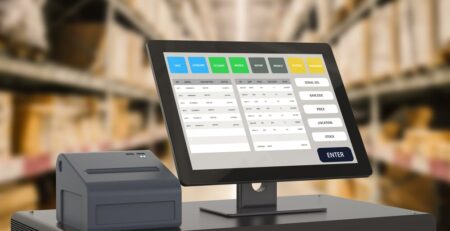5 Most Important Things To Know When Starting a Car Dealership
Launching a car dealership is an exciting time and a dream for many people. It requires careful and detailed planning. When considering opening a dealership in a specific state or location, numerous factors come into play, including understanding the local market, deciding the dealership type, calculating startup costs, crafting a robust business plan, and navigating legal requirements.
Choosing the Right Location
The success of your dealership heavily depends on its location. Factors like state profitability, average sales, operational costs, local population demographics, and employee costs must be considered.
However, be mindful of potential drawbacks like challenging business conditions in high-demand areas, competition density, and the visibility of your dealership. For instance, a high-traffic roadside location may attract more customers than an obscure one, but it also brings you face-to-face with direct competition.
Determining the Dealership Type
Decide whether you want to deal in new vehicles, used vehicles, or both, and consider specializing in categories like electric, luxury, or foreign vehicles based on local preferences. Including a service department for maintenance and repairs can entail more investment upfront but can also be a steady revenue stream.
Developing a Solid Business Plan
A well-thought-out business and financial plan could lead to success. Your plan should cover operating strategies, budgeting, business structure flexibility, product range, market analysis, marketing strategies, staffing, and overall vision. If you’re new to this, seeking professional guidance in crafting your business plan is advisable.
Obtaining Necessary Licenses
Securing a dealer’s license is crucial. Requirements vary by country and state, including location compliance, property ownership, obtaining an Employee Identification Number from the IRS, criminal background checks, insurance policies, state tax number, dealership inspections, franchise agreements (for new car dealers), dealer training courses, and application fees.
Adhering to Legal Requirements
Comply with state and federal laws, including specific dealer licensing laws and the Federal Trade Commission’s Used Car Rule. You may have to obtain a surety bond, produce a Buyer’s Guide for each vehicle, and adhere to new and used car lemon laws where applicable.
Using Technology to Your Advantage
Don’t let your dealership fall behind in this rapidly changing industry. Whether sales management, customer management, vehicle inventory, service management, parts inventory, or finance and accounting, Workflow 360˚ software solutions enrich each aspect of your dealership’s operations. With a smooth workflow, your customers receive a better experience, resulting in repeat customers and recommendations for your dealership.
Workflow 360° Dealership Service Software Solutions
Workflow Solutions 360˚ seamlessly integrates with your existing dealership management system to support and amplify its capabilities. Contact us today to learn more about how our DMS extension can revolutionize your new dealership’s business operations and enhance communication with your team and customers.











